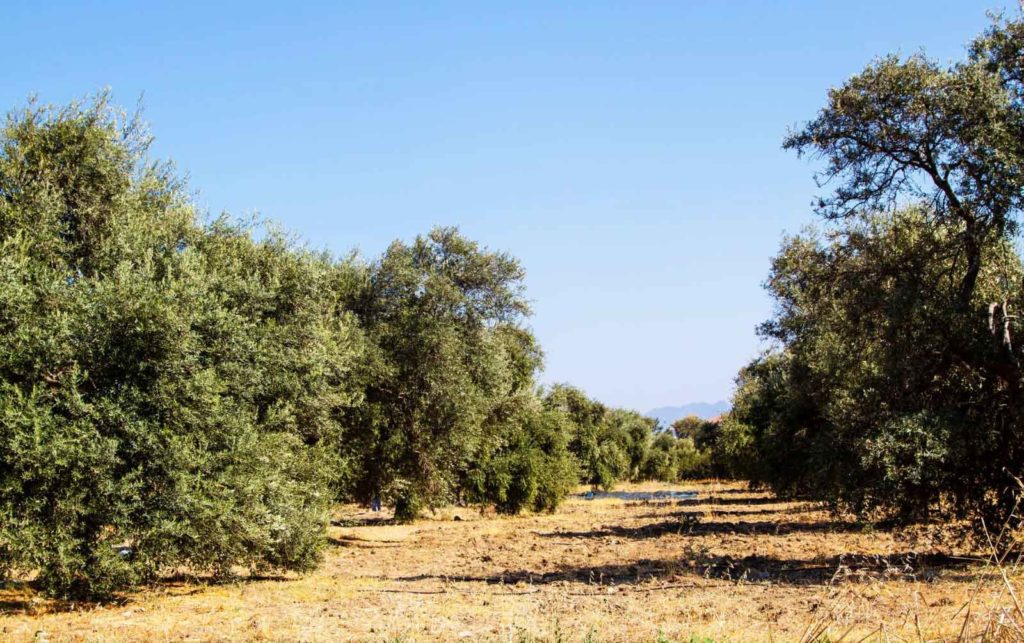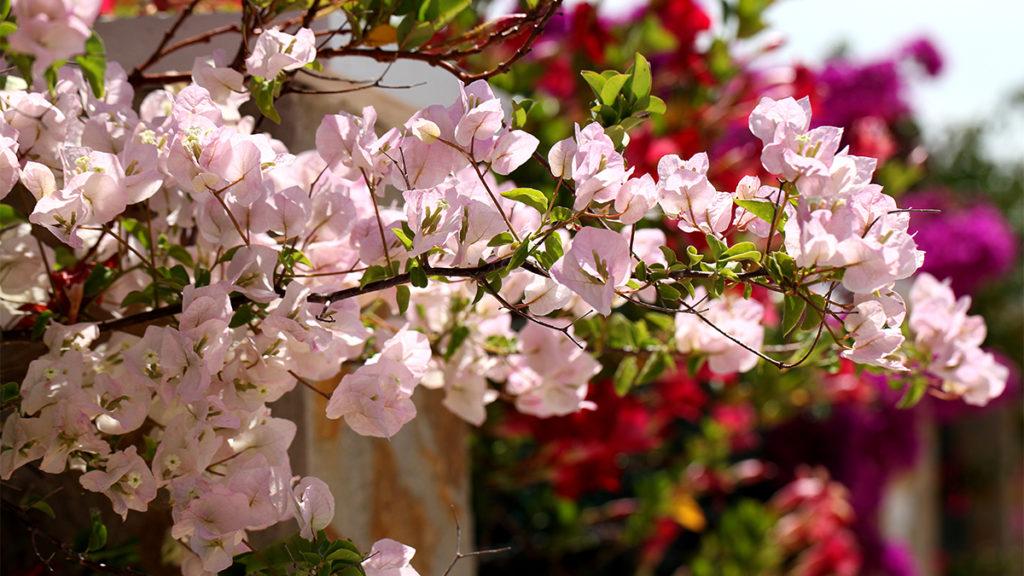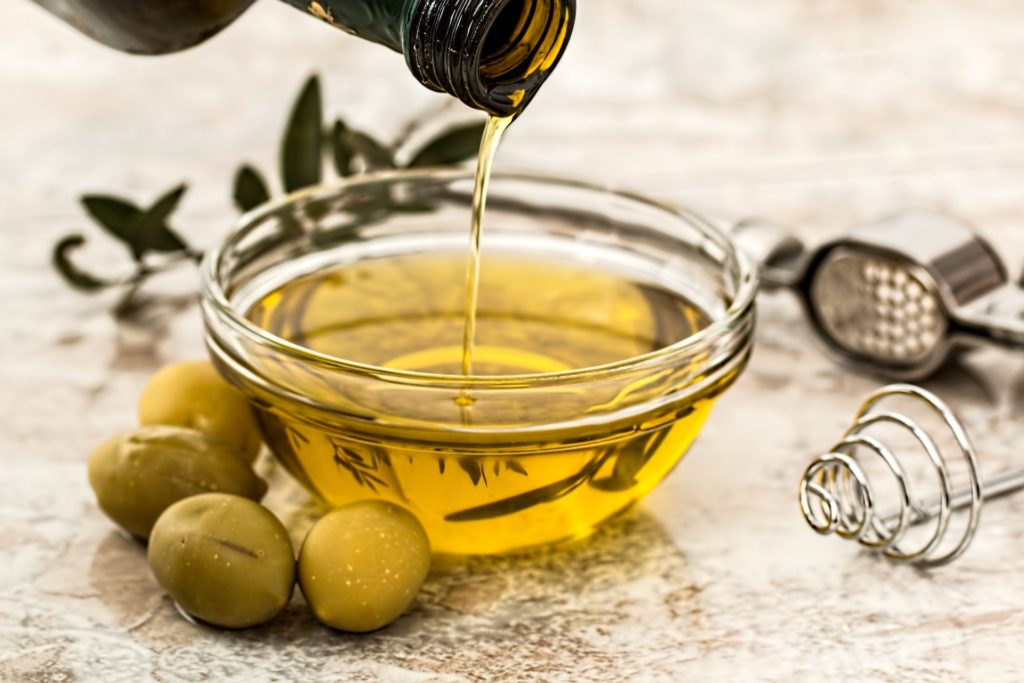
Pick of the crop
It smells like a good white wine. Freshly mown grass, green almonds and artichokes grab your senses as you squeeze the fruit between your fingertips. But this is no vineyard in the Loire valley, it’s a field in North Cyprus where olives, not grapes, are the prize crop.
Olive oil and wine are similar, in that each has its own aroma and flavour and a taste that comes from the soil in which it is grown. It should also be stored like a good wine, in dark bottles, to protect it from oxygen, heat, smells and light.
It is, as I have mentioned, a funny old time of year. Officially at least, the summer holiday season is over. We had a fabulous evening at Levant restaurant’s “End of Summer Party” this week. Now the restaurants have retreated inside.
The beach resorts have packed away their sunbeds – and in just two weeks the clocks will go back to winter time. Yet, with daytime temperatures hitting the mid-20s, it remains seductively warm and sunny and, with something around your shoulders, you can still sit outside in the evening.
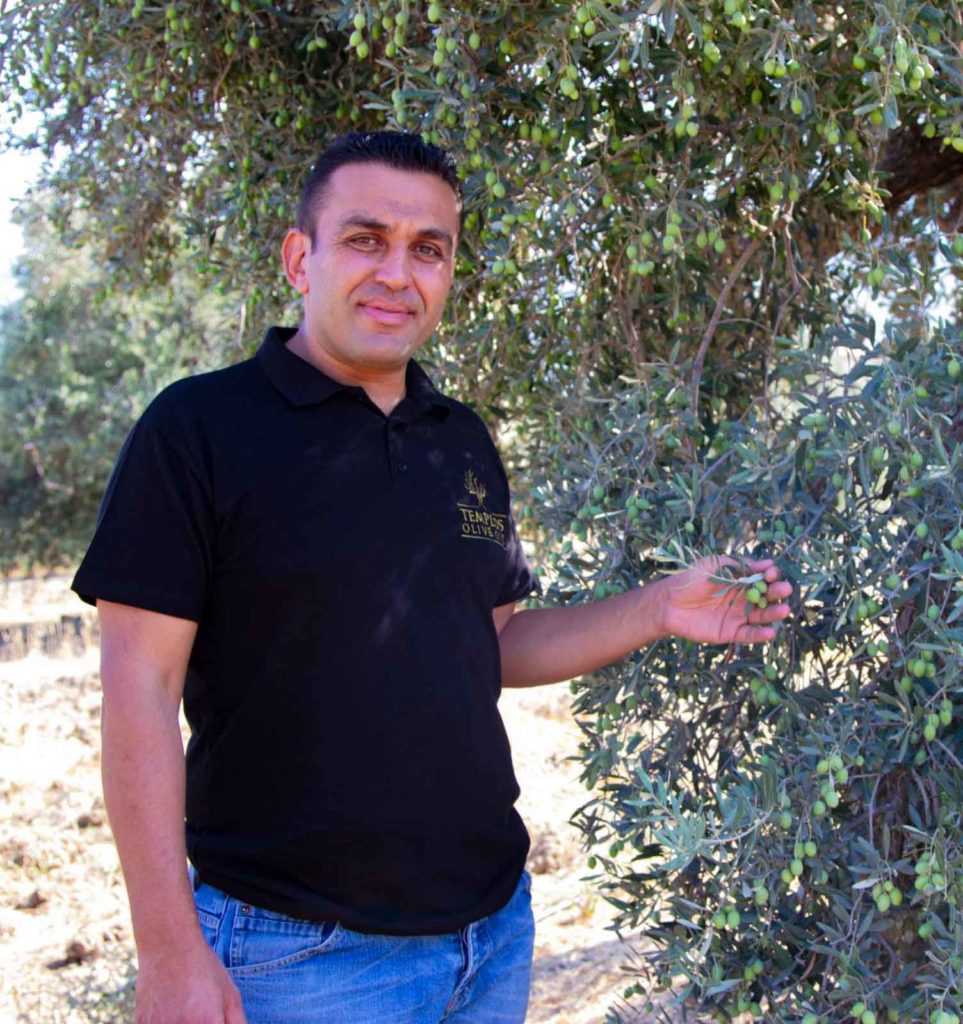
Olive picking time!
The annual event that tells us we are heading towards the end of the year is olive picking time! North Cyprus is famous for its olive harvest.
As well as award-winning commercial growers, many local families own a few trees – or more – and all have been eagerly awaiting the signal to get shaking those branches. (It’s one of those crazy rules that make North Cyprus such an endearing place to live, no one may pick their olives until the government declares the picking season is officially open.)
Liquid Gold
The aim of the game is to get your harvest along to the nearest pressing plant as soon after picking as possible. Most will be turned into “liquid gold,” the green, peppery oil that has become a worldwide favourite. Green olives may be kept to make “cakistes,” a popular hors d’oeuvre, the olives are cracked open, traditionally using a flat stone, then dunked in oil, lemon juice and coriander.
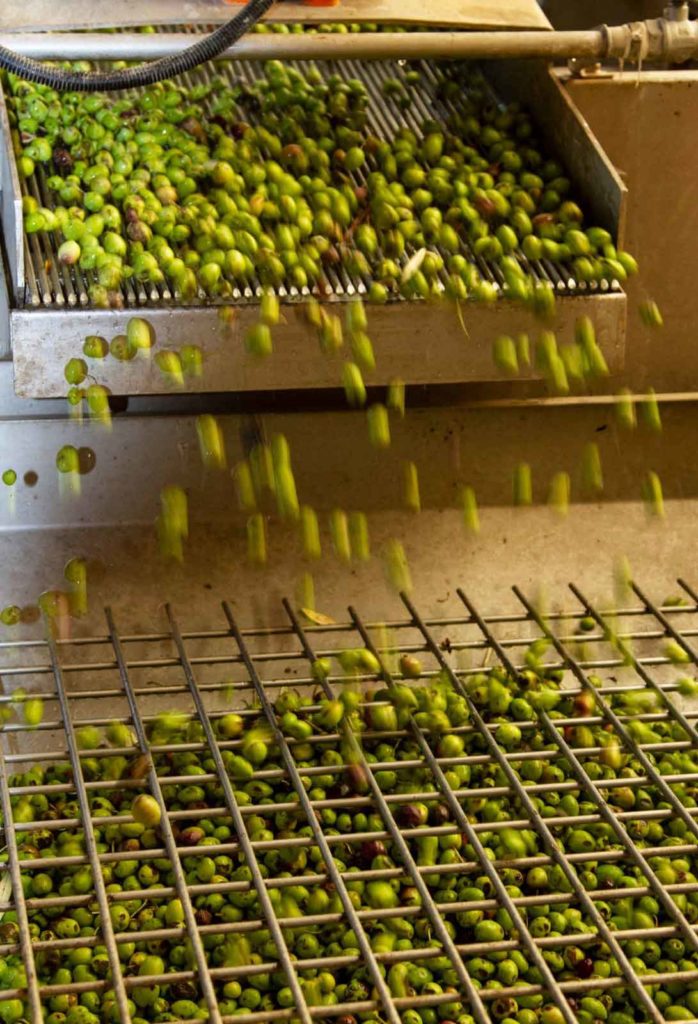
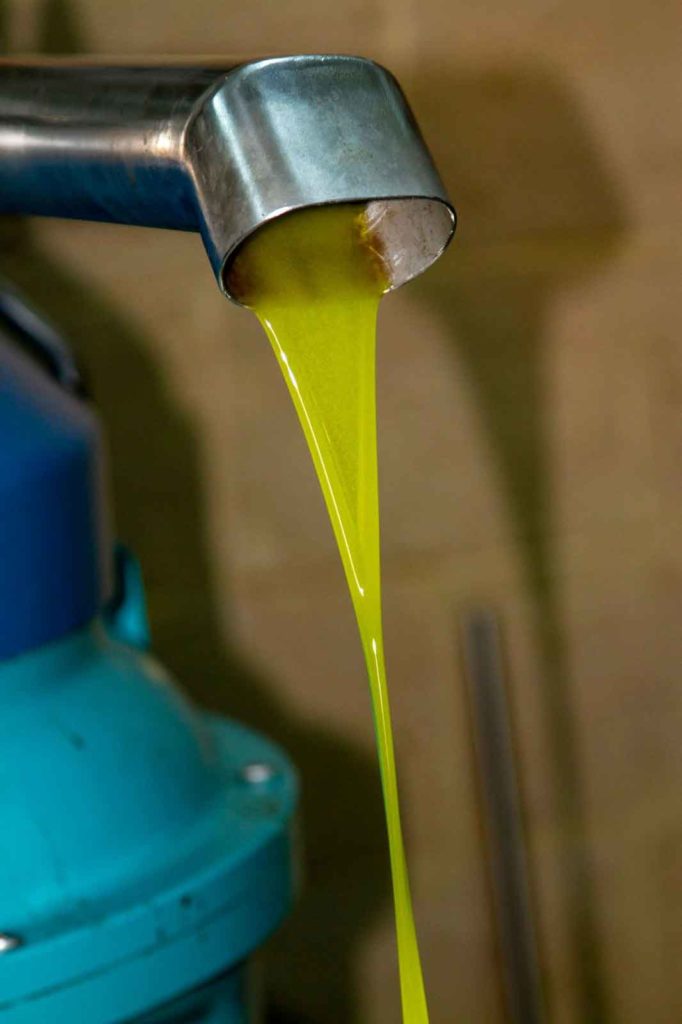
Olive tree in our garden
We have just one little olive tree in our garden. Its roots run deep into the hillside and we believe it has been there for more than 100 years. Whereas our villager neighbours will turn up at the olive oil factory with a lorryload to crush, our more modest crop can be carried in a few wicker baskets. It’s still enough to produce four or five litres of oil. Splash it straight on to hot bread, with a glass of zivania, the local version of grappa, for a traditional harvest celebration.
